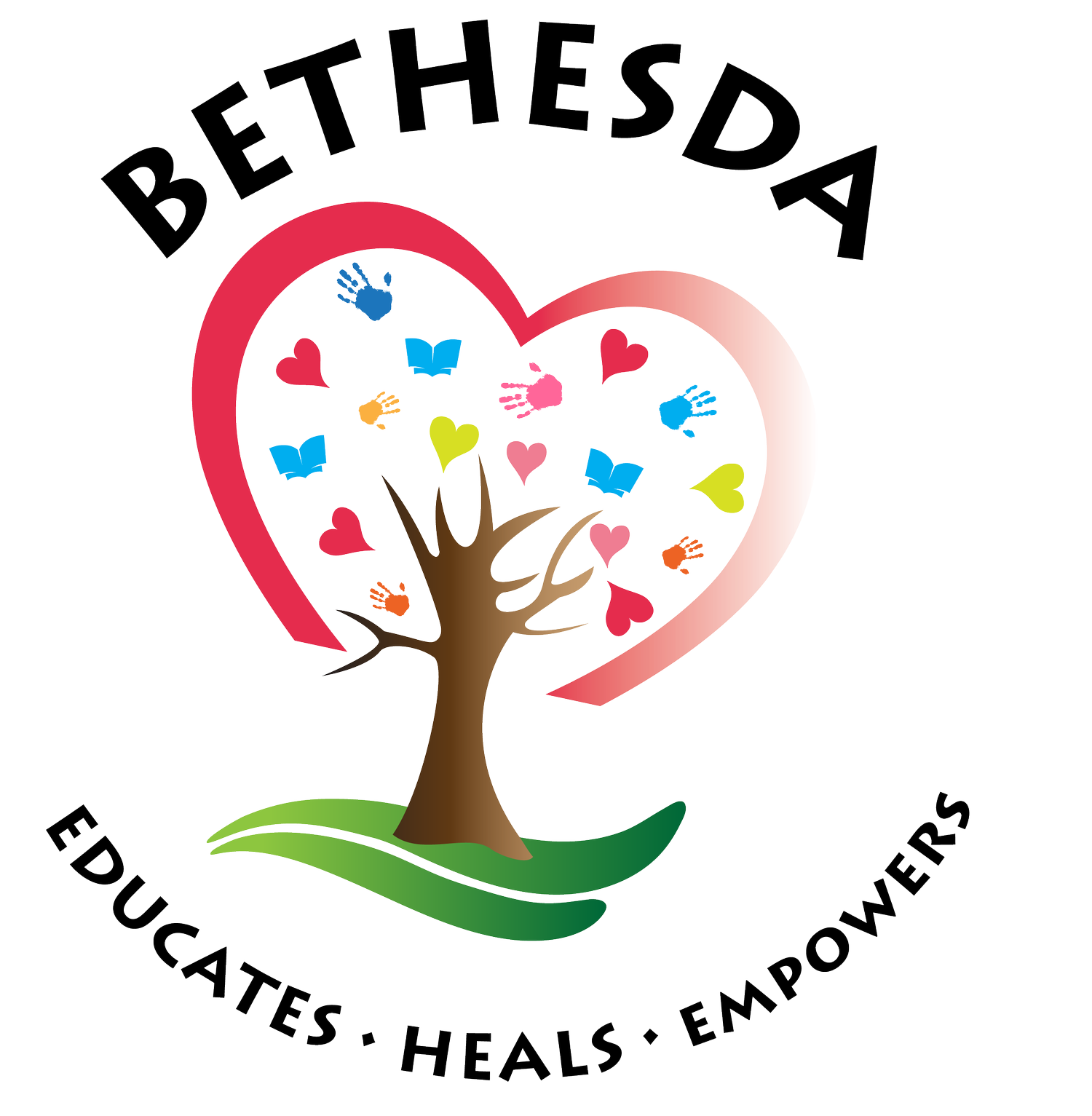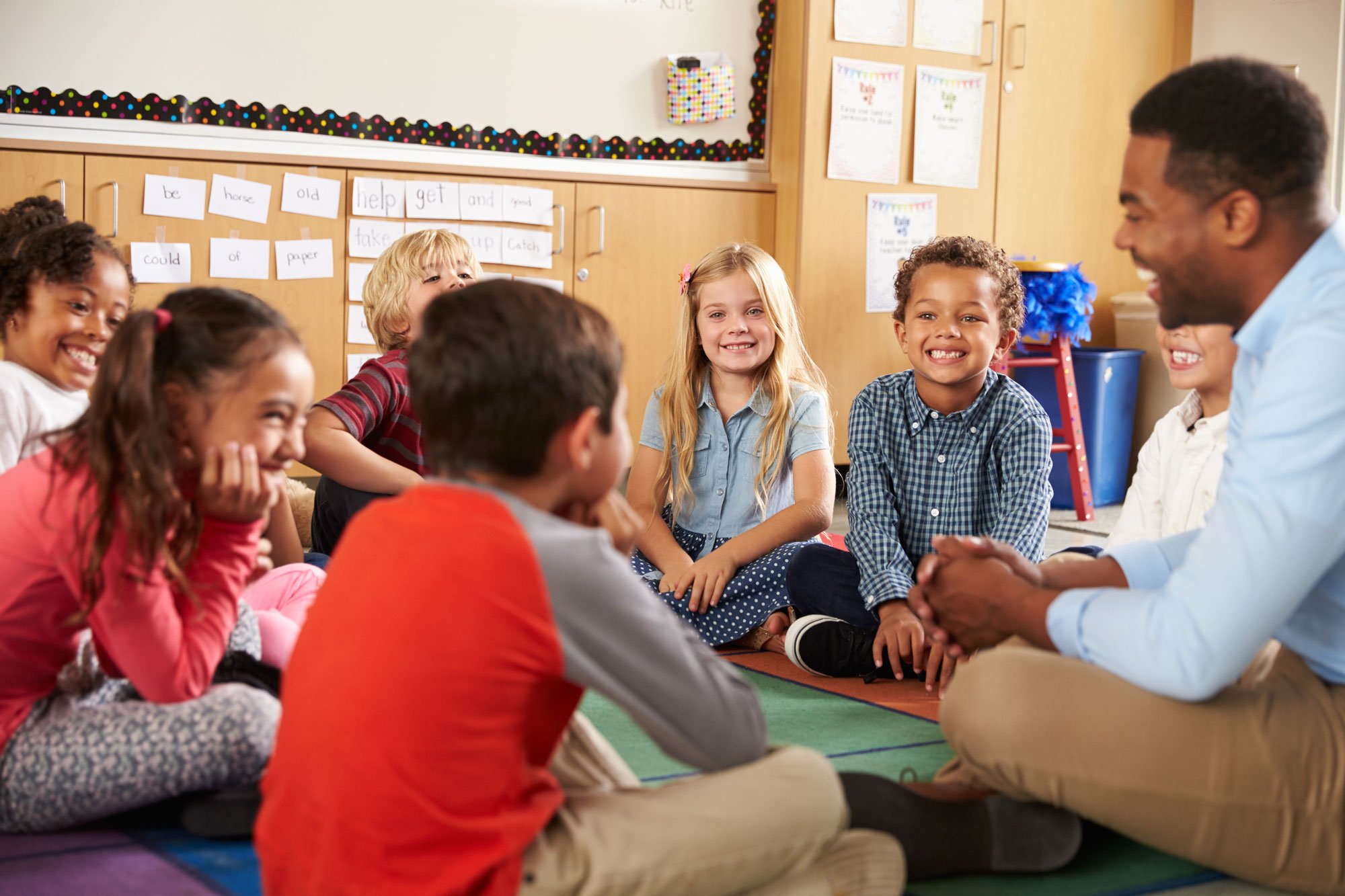
STOP, GO AND TELL
Bethesda’s Stop, Go and Tell education Program
Equipping children with the vocabulary, permission, and courage to speak up about abuse.
Bethesda’s Stop, Go and Tell is a fun, age-appropriate and interactive way to teach children about personal space boundary rules and what to do if someone tries to break those rules. Bethesda's licensed therapists created this 30-45 minute presentation in 2004. Since then, Stop, Go and Tell has been presented to tens of thousands of students in Oklahoma. More school leaders, churches, parents, and educational entities are requesting Stop, Go and Tell become an annual educational component for their students. The words “Sexual Abuse” are not used in the children’s presentation.
Bethesda welcomes the opportunity to present Stop, Go and Tell to K-5th graders. We are developing our secondary (6-8 grades) curriculum in the summer of 2023.
““I thought this program was informational and helped teach students things that are sometimes hard for teachers to know how to teach.””
The curriculum
When you invite one of Bethesda’s trained educators to your classroom, students will learn about their personal space and what to say and do if someone tries to break a personal space boundary rule.
Students will learn:
Who does your body belong to? Answer: “My Body Belongs to Me”
Private parts are covered by a bathing suit, and just like we do things to keep other body parts safe (like wearing a bike helmet to protect our head when riding a bike), we should know how to keep private parts safe too. (In the presentation we only use the words “private parts”; no other words or specific language is used.)
The five personal space boundary rules:
Say “NO” if someone tries to touch your private parts
Say “NO if someone tries to look at your private parts
Say “NO if someone tries to show you their private parts
Say “NO” to touching someone else’s private parts
Say “NO” to looking at pictures of private parts in magazines, on TV, movies, cellphones or computers
To identify the safe adults in their lives who they can go to if someone tries to break a personal space boundary rule.
When someone tries to break a personal space boundary rule, they should STOP, GO to a safe adult and TELL them what happened.
They can decide who comes in and out of their personal space.
It is not the child’s fault if someone breaks a personal space boundary rule.
““I think the information provided by Bethesda’s Education Program is crucial to every student in elementary school. The presentation is very organized, well developed and age-appropriate. The repetition provided in each class truly reinforces every concept to be learned and etched in every child’s memory. That truly is priceless!””
As the groups of children increase in age, the materials and techniques graduate to age-appropriate tools. The older children also develop their own skills of self-protection and expressions of self-worth. Fourth and fifth graders are given “What if” scenarios and work together in small groups to find solutions.
In our adult presentation, participants gain skills to recognize sexual abuse and instruction on how to address these issues when identified in the children with whom they are associated. During the presentations, the participants receive informational material on identifying signs of sexual abuse, handling the sexually abused child and reporting child sexual abuse.
““I was reluctant to allow my son to attend the presentation, but after I sat through to see what it was all about, I had no hesitation. Glad we did it!””




